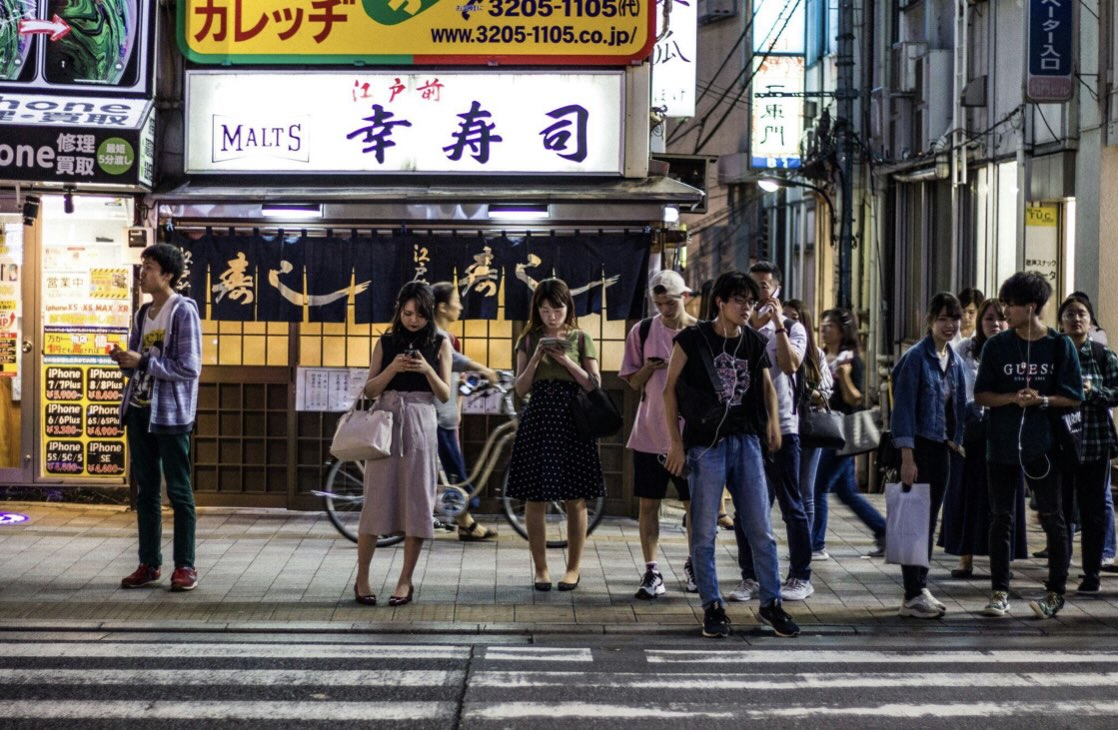Apr 19 (News On Japan) - The MBTI personality assessment has become popular among Japanese youth as a tool for self-understanding and social interaction, reflecting a change toward individualism.

It influences personal identities, career choices, and consumer behavior despite controversies over its accuracy and use in hiring processes.
Lately, the Myers-Briggs Type Indicator (MBTI) and its derivative, the 16Personalities test, have gained immense popularity among Japanese youth. Originally designed for corporate HR assessments, this personality test has turned into a cultural and social phenomenon, influencing personal identities, career choices, and even consumer behavior. In this article, we will look at the MBTI fad in Japan, what it represents, and what its future might be.
Why MBTI is Popular Among Japanese Youth
MBTI's popularity in Japan can largely be attributed to its accessibility and relevance for self-understanding. The 16Personalities test, which is available for free online, has become especially popular among students and young professionals. With just 60 questions, the test provides users with detailed personality profiles based on Carl Jung’s psychological typology. Many young people use it for self-reflection during job hunts or career transitions, while others turn to it as a way to better understand themselves and their relationships.
Social media has amplified the MBTI test significantly. Platforms like Twitter and Instagram are flooded with posts where users share their personality types, compare compatibility with friends, or assign MBTI types to anime characters and celebrities. Dedicated blogs and websites, such as https://schwarzkain.com/, even look into the MBTI types of fictional characters and public figures. This social dimension has turned the test from a personal tool into a shared cultural activity.
A Change in Cultural Context
Japan's growing interest in the MBTI reflects broader cultural shifts. Traditionally, Japanese society values group harmony over individual differences, which initially limited the interest in personality assessments like the MBTI. However, globalization and Western influences have sparked a greater focus on personal identity. The popularity of K-pop idols revealing their MBTI types and BTS’s 2020 song inspired by Jung’s theories have further fueled this fascination among Japanese fans.
MBTI in Marketing and Consumer Behavior
Brands in Japan have cleverly tapped into the MBTI fad. For instance, 7-Elevenhttps://newsonjapan.com/article/145324.php introduced "MyBTI" gummies that allow customers to collect packets corresponding to their personality type. This creative marketing strategy both boosted sales and turned the MBTI test into an interactive consumer experience. Such campaigns demonstrate how deeply integrated MBTI has become in Japan’s everyday life.
Criticism and Challenges
Despite its popularity, MBTI is not without controversy. Critics argue that categorizing complex human personalities into 16 rigid types oversimplifies individuality. Concerns have also been raised about companies using MBTI test results in hiring processes, which could lead to biased recruitment practices. Additionally, skeptics question the accuracy of self-reported results and their representation of Japan's population.
Is MBTI Here to Stay?
The MBTI phenomenon in Japan reflects broader societal changes, including an increased emphasis on self-expression and individuality. While its long-term impact remains uncertain, its current influence on social interactions, marketing strategies, and personal identity is undeniable. Whether as a tool to understand oneself better or a cultural fad amplified by social media, MBTI has found a unique place in modern Japanese society, at least for now.















